"Authorities to blame for Sandžak unrest"
A gathering in Belgrade today accused state institutions of "inflaming political and religious clashes in Sandžak."
Friday, 02.11.2007.
16:30

A gathering in Belgrade today accused state institutions of "inflaming political and religious clashes in Sandzak." At a discussion, entitled “Sandzak – Consequences of Repressive State Policies“, participants agreed that state bodies were "hampering the formation of a united Bosniak community." "Authorities to blame for Sandzak unrest" The new democratic government and the state were sending a message that they did not wish to distance themselves from or get to grips with the policies of former President Slobodan Milosevic towards Sandzak, claimed the participants. Social Democratic Party MP Meho Omerovic castigated Democratic Party of Serbia (DSS) officials for their attitudes towards the recent troubles within the Islamic community, and said that the DSS had “unruly allies“ in Sandzak, Montenegro and the Republic of Srpska (RS). Omerovic said that the situation in Sandzak was a result of perfidious policies that a section of the state, personified by leading government representatives, was leading against the region, the Islamic community and Bosniaks. The MP accused Security-Information Agency Director Rade Bulatovic of being one the factors creating tension within the community. “The case of the Islamic community dispute should serve as an example of how a responsible state should not behave,“ he surmised. Omerovic said that Faith Minister Radomir Naumov had taken sides in the debate. The MP stated that Naumov had explained that the state recognized both Islamic communities, and that he was now waiting to see how the minister would react to the Montenegrin Orthodox Church’s application to register in Serbia. “Will Naumov react as he has done to the case of the Islamic community, and let two branches of the Orthodox Church function in Serbia?" he wondered. “From all this, one can conclude that some people in Serbia want to form some kind of Serbian Islamic community, as the theory that the Bosniaks are an artificial people, that they are just Serbs who have converted to Islam, is quite widespread,“ asserted Omerovic. A representative of the Sandzak Human Rights Committee, Semiha Kacar, added that problems in the region had been exacerbated by the collapse of the state of Serbia-Montenegro, when Bosniaks were split by the frontier between the two new states. She was critical of the fact that Bosniaks were insufficiently represented in state institutions such as the judiciary, the police, and the army. Kacar said that during the last decade, 15,000 Sandzak residents had come before the police, while only four people had been arrested in connection with the murder of Bosniaks in Sjeverin, none of whom were even “the main culprits.“ Speaking on the subject of human rights and freedoms, she added that the region had been marginalized, and that in some parts no convention had yet been applied governing the official language. Director of the Helsinki Committee for Human Rights Sonja Biserko said that Belgrade, through its activities, was helping enflame the troubles in Sandzak, thanks in no small part to the security services. Biserko said that Bosniaks were a new minority, formed after the collapse of the former Yugoslavia, and who had very few capacities. “The democratic forces have worked systematically to prevent the formation of a Bosniak nation, which has left Sandzak in a constant state of crisis,“ she said. “Belgrade has taken advantage of that to smash the region’s social and political scene,“ claimed Biserko, adding that as a result a threat of Islamic fundamentalist violence now existed in the form of wahabbists. Professor of Sociology and Religion Milan Vukomanovic said that the state of inter-religious relations had nose-dived since Vojislav Kostunica's election as prime minister in 2004. “The position of the Serbian Orthodox Church is better than it was under Milosevic, but at the expense of smaller religious communities, even though we now have laws, which we didn’t have back then,“ said Vukomanovic. He said that the government had undermined citizens’ religious freedoms, and firmly laid the blame for this at the door of the authorities. The professor reiterated that former Education Minister Ljiljana Colic had wanted the Theory of Evolution to be withdrawn from textbooks, that former Faith Minister Milan Radulovic, in the draft Law on Religious Freedoms, had envisaged immunity for priests, while Interior Minister Dragan Jocic had linked the murders in Novi Banovci to sects. Finally, he pointed to the fact that insults of a racial nature were regularly voiced during parliamentary sessions.
"Authorities to blame for Sandžak unrest"
The new democratic government and the state were sending a message that they did not wish to distance themselves from or get to grips with the policies of former President Slobodan Milošević towards Sandžak, claimed the participants.Social Democratic Party MP Meho Omerović castigated Democratic Party of Serbia (DSS) officials for their attitudes towards the recent troubles within the Islamic community, and said that the DSS had “unruly allies“ in Sandžak, Montenegro and the Republic of Srpska (RS).
Omerović said that the situation in Sandžak was a result of perfidious policies that a section of the state, personified by leading government representatives, was leading against the region, the Islamic community and Bosniaks.
The MP accused Security-Information Agency Director Rade Bulatović of being one the factors creating tension within the community.
“The case of the Islamic community dispute should serve as an example of how a responsible state should not behave,“ he surmised.
Omerović said that Faith Minister Radomir Naumov had taken sides in the debate.
The MP stated that Naumov had explained that the state recognized both Islamic communities, and that he was now waiting to see how the minister would react to the Montenegrin Orthodox Church’s application to register in Serbia.
“Will Naumov react as he has done to the case of the Islamic community, and let two branches of the Orthodox Church function in Serbia?" he wondered.
“From all this, one can conclude that some people in Serbia want to form some kind of Serbian Islamic community, as the theory that the Bosniaks are an artificial people, that they are just Serbs who have converted to Islam, is quite widespread,“ asserted Omerović.
A representative of the Sandžak Human Rights Committee, Semiha Kačar, added that problems in the region had been exacerbated by the collapse of the state of Serbia-Montenegro, when Bosniaks were split by the frontier between the two new states.
She was critical of the fact that Bosniaks were insufficiently represented in state institutions such as the judiciary, the police, and the army.
Kačar said that during the last decade, 15,000 Sandžak residents had come before the police, while only four people had been arrested in connection with the murder of Bosniaks in Sjeverin, none of whom were even “the main culprits.“
Speaking on the subject of human rights and freedoms, she added that the region had been marginalized, and that in some parts no convention had yet been applied governing the official language.
Director of the Helsinki Committee for Human Rights Sonja Biserko said that Belgrade, through its activities, was helping enflame the troubles in Sandžak, thanks in no small part to the security services.
Biserko said that Bosniaks were a new minority, formed after the collapse of the former Yugoslavia, and who had very few capacities.
“The democratic forces have worked systematically to prevent the formation of a Bosniak nation, which has left Sandžak in a constant state of crisis,“ she said.
“Belgrade has taken advantage of that to smash the region’s social and political scene,“ claimed Biserko, adding that as a result a threat of Islamic fundamentalist violence now existed in the form of wahabbists.
Professor of Sociology and Religion Milan Vukomanović said that the state of inter-religious relations had nose-dived since Vojislav Koštunica's election as prime minister in 2004.
“The position of the Serbian Orthodox Church is better than it was under Milošević, but at the expense of smaller religious communities, even though we now have laws, which we didn’t have back then,“ said Vukomanović.
He said that the government had undermined citizens’ religious freedoms, and firmly laid the blame for this at the door of the authorities.
The professor reiterated that former Education Minister Ljiljana Čolić had wanted the Theory of Evolution to be withdrawn from textbooks, that former Faith Minister Milan Radulović, in the draft Law on Religious Freedoms, had envisaged immunity for priests, while Interior Minister Dragan Jočić had linked the murders in Novi Banovci to sects.
Finally, he pointed to the fact that insults of a racial nature were regularly voiced during parliamentary sessions.





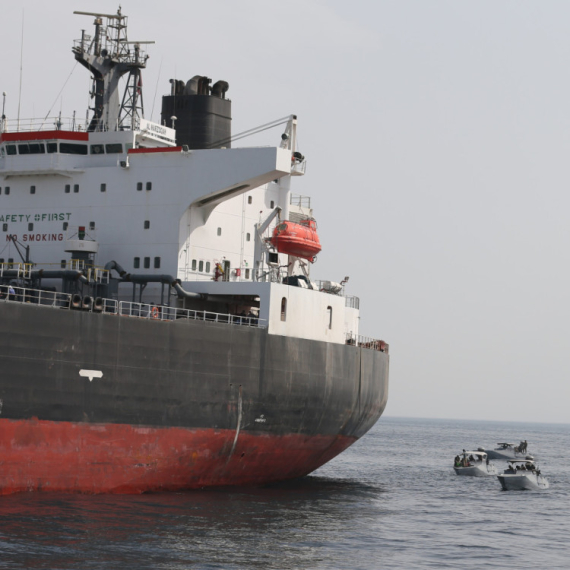




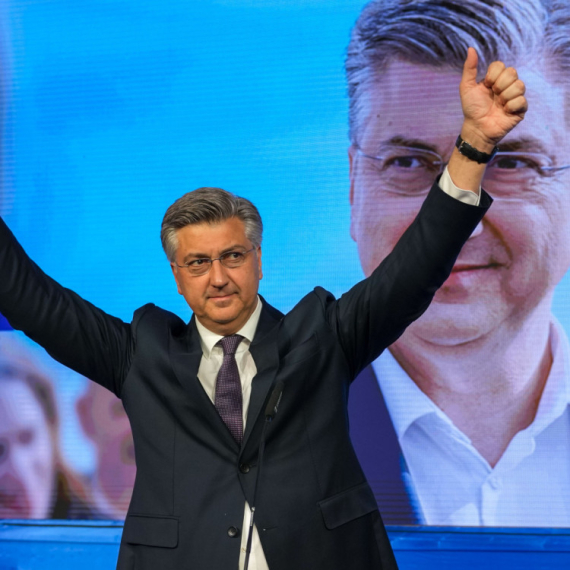
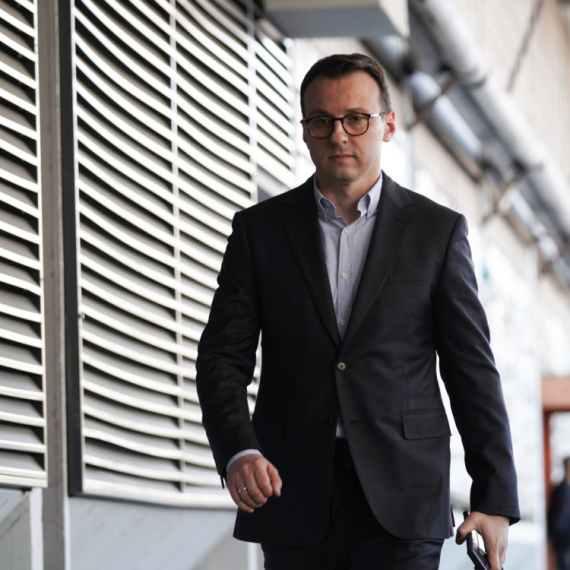

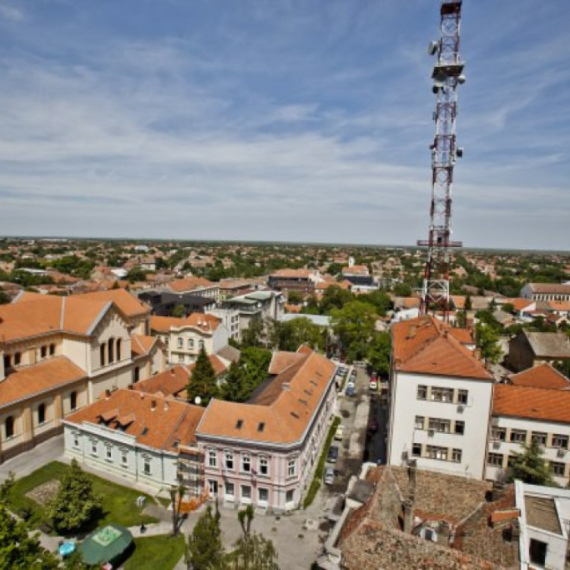

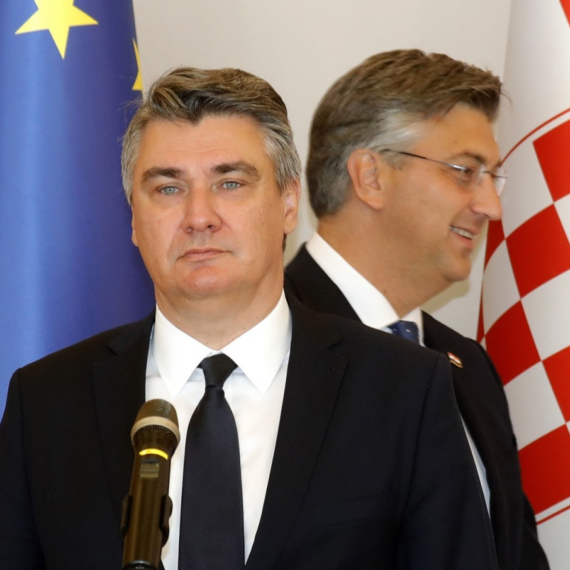
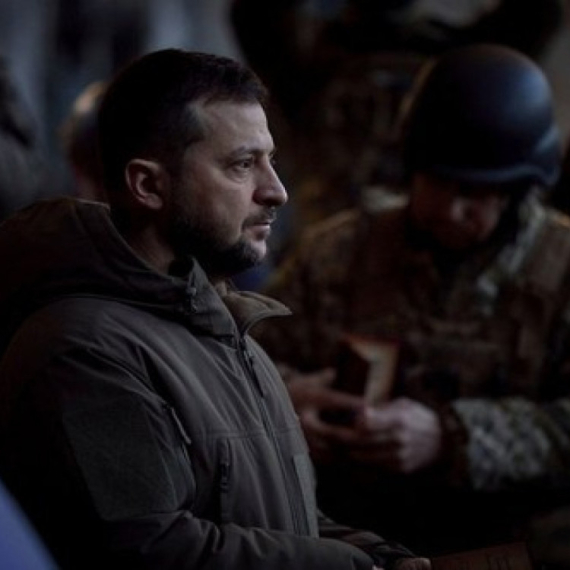
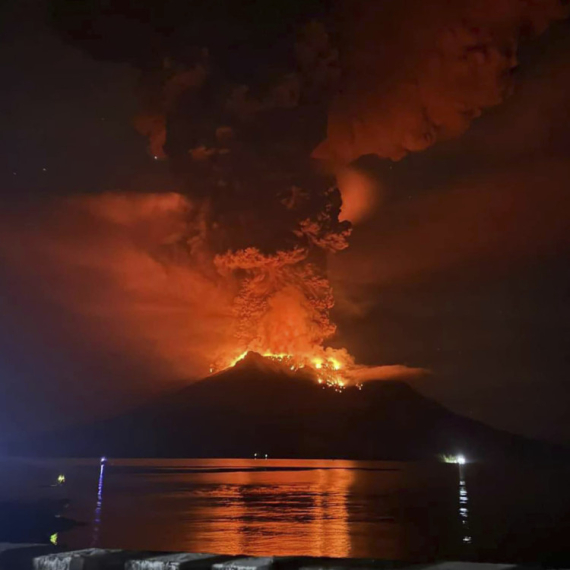
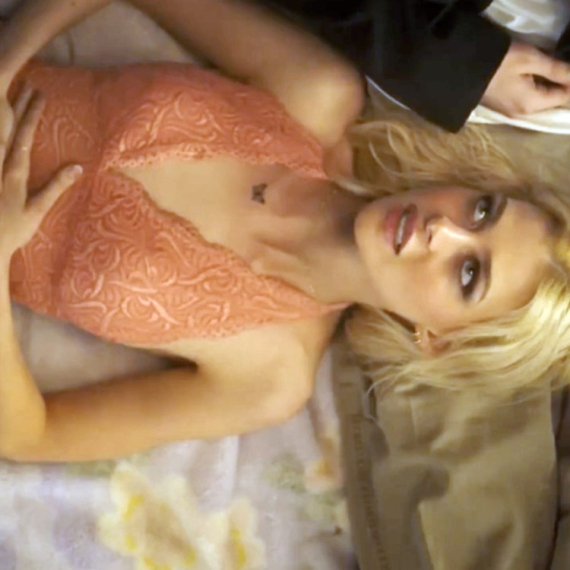
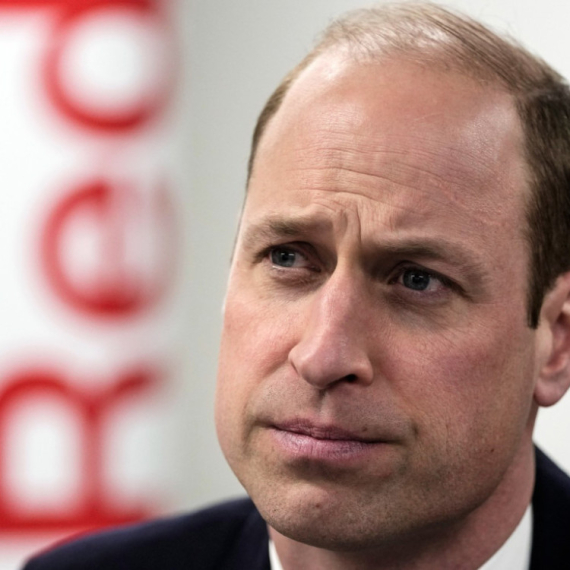

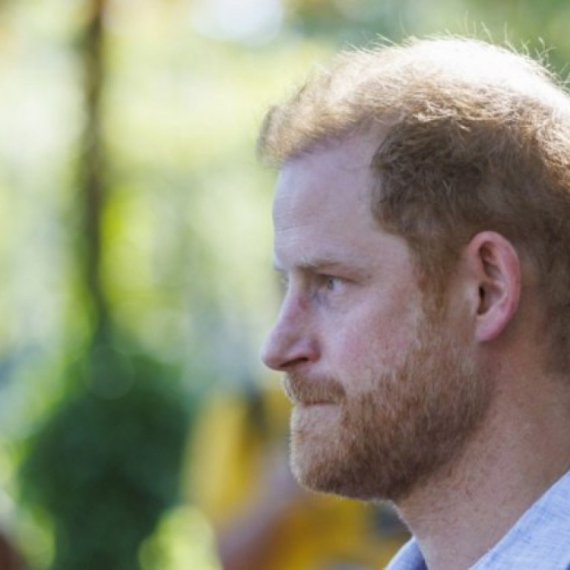
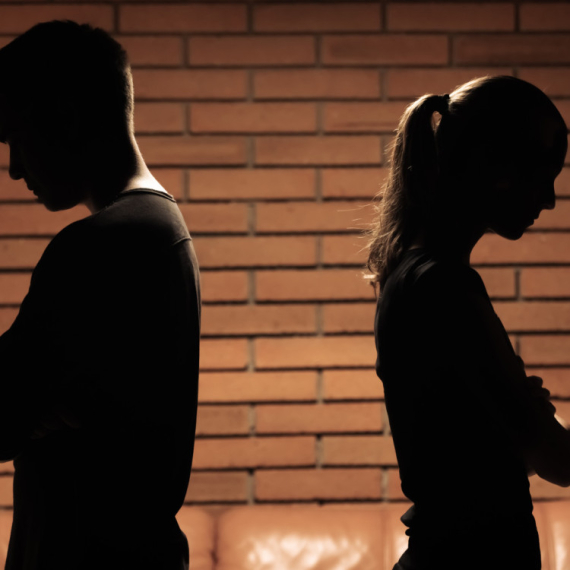



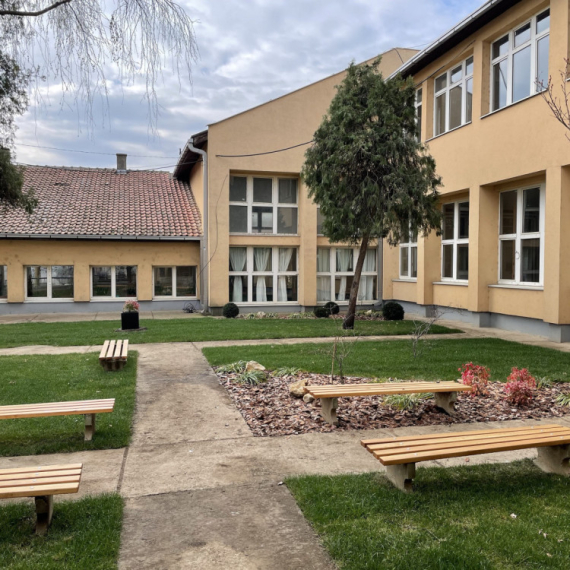




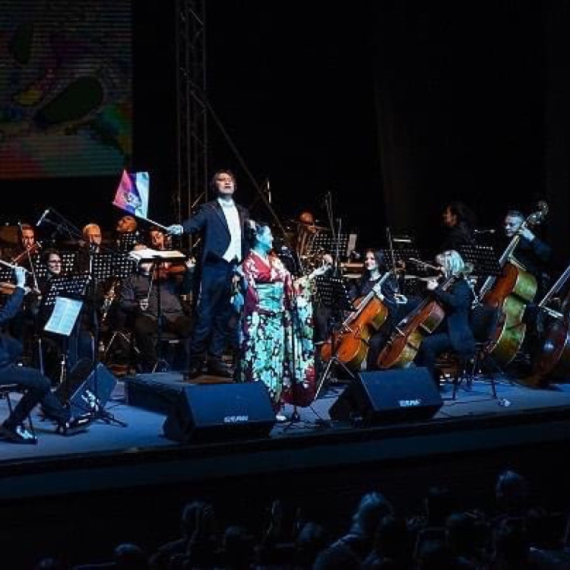






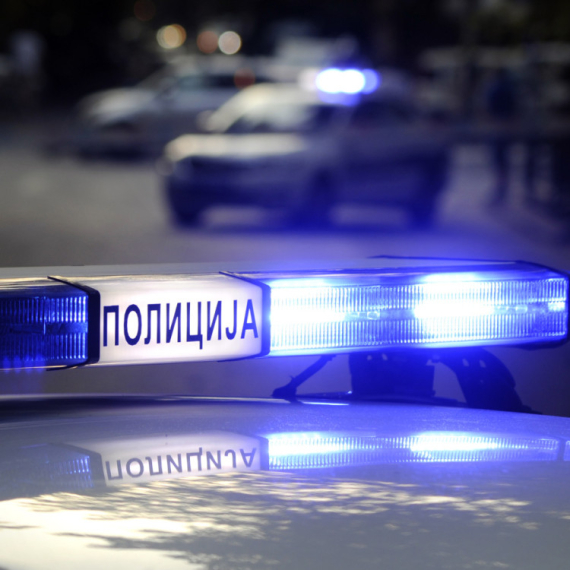
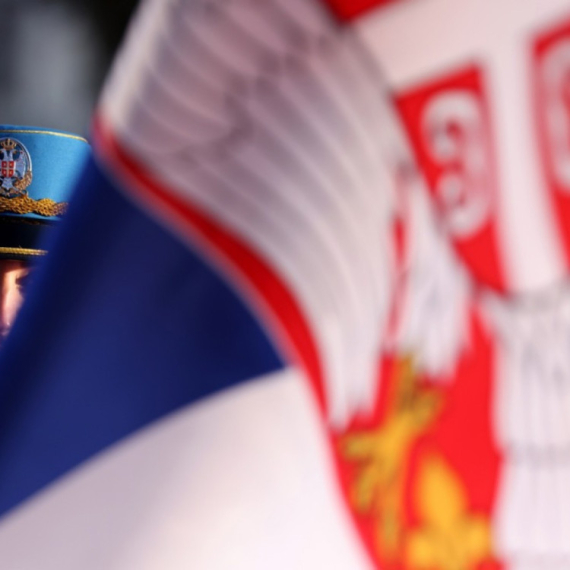

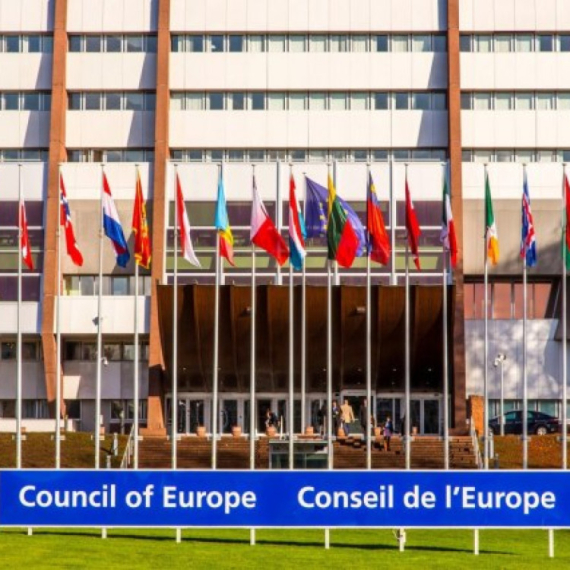




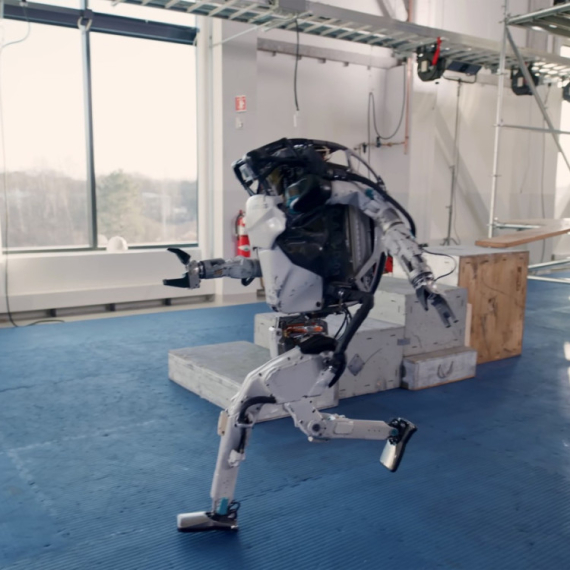




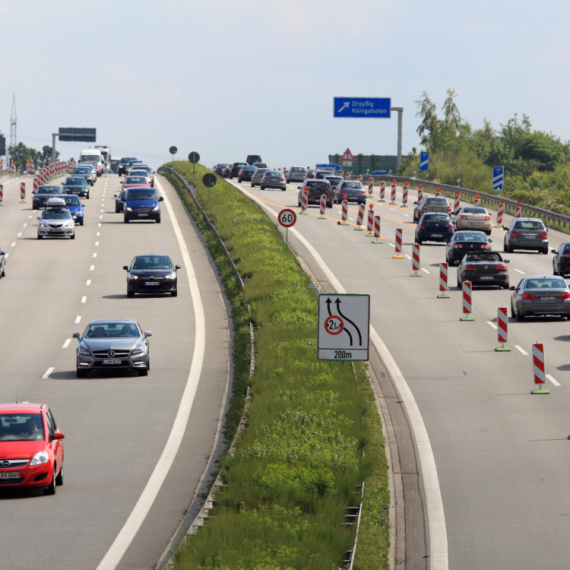
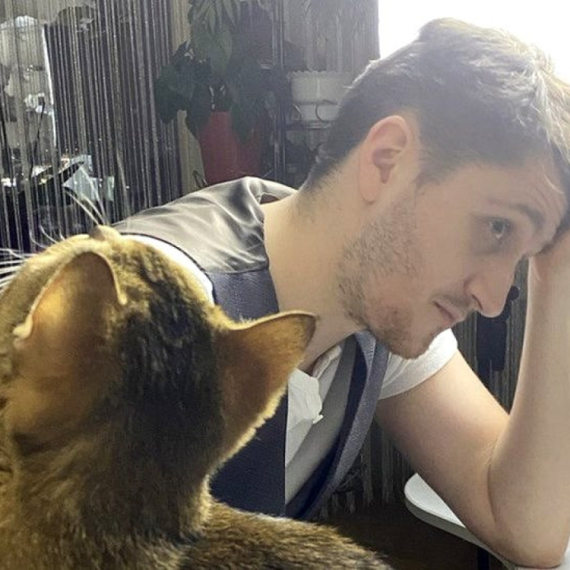
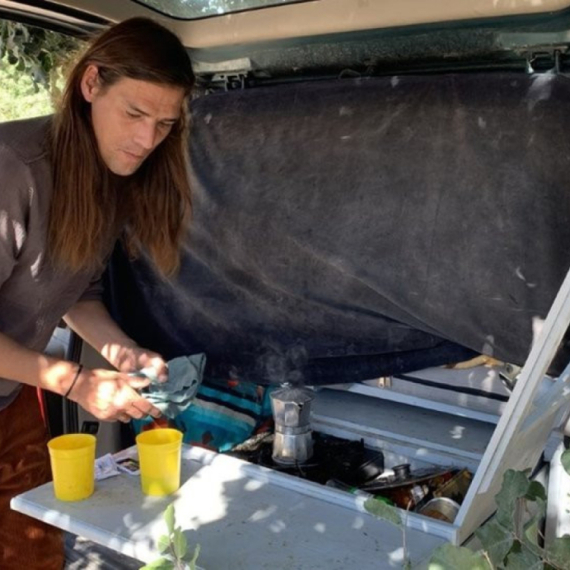
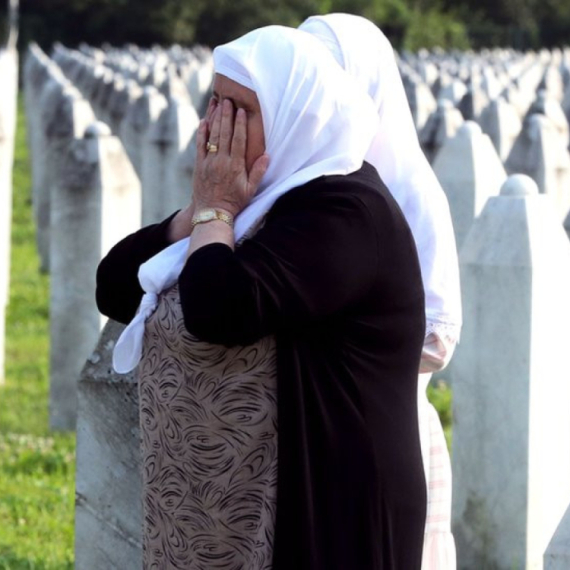
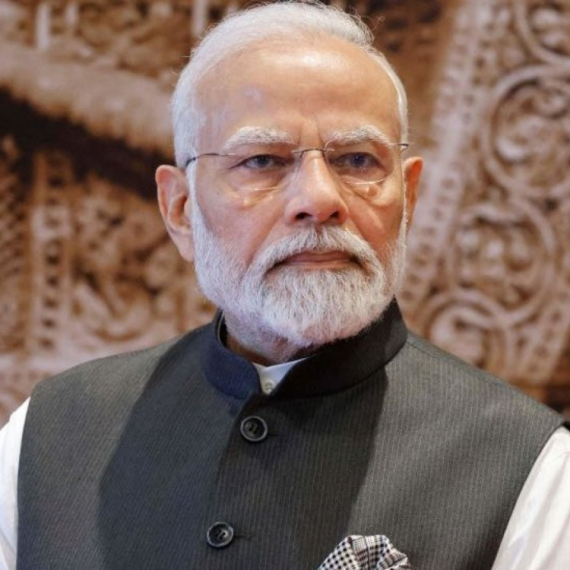
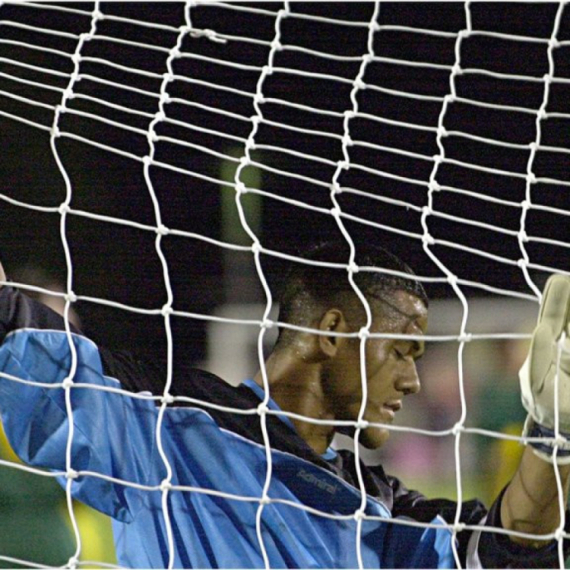

Komentari 4
Pogledaj komentare